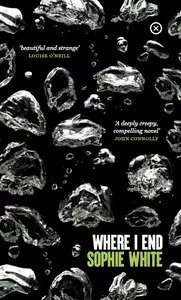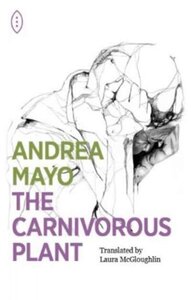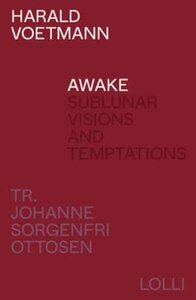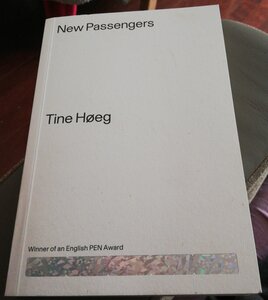It begins with a stark two-line paragraph: “ananke dies on a winter monday, in the afternoon, between four and five o’clock.”
The ramifications of this event spiral out across the rest of the novel, in a series of vignettes from the lives of ananke, the narrator, and their friends: present and future on the left-hand pages, past on the right. We get a sense of how close these people are, how exhilarating their lives together could be:
fred and ananke are already on the street waiting for you when you ride your bikes across the yard and down the driveway, and along the way vienna and cato join too: a gang, your gang. you get goosebumps racing down the hill towards the harbour: it’s early, it’s cold though the day is going to be hot: the first summery day after a grey, wet spring.
Translated from German by Damion Searls
There are no capital letters in this novel, no gender pronouns attached to the main characters – and the names we know them by are, it is implied, names given among the group. The effect of these together is that the characters recede as individuals in the reader’s view, and the precise detail of their relationship to each other is not always apparent. At the same time, the sense of being in fabric of the gang grows – what matters is the moment.
The narrator emphasises that, for them, these bonds of shared experience count for more than the circumstances of one’s birth:
family is not blood, not genes. family is memories, it’s tears blending together on tired cheeks; family is what you make of it. what you let be family.
In its final section, Stern’s novel takes a turn, as the vignettes give way to a forward narrative, when the characters decide to retrieve ananke’s ashes. This is where the group’s friendship is tested as never before, because this plan may be too much for the unspoken consensus that has existed between them – and yet discussing any difference of opinion might fracture their relationship beyond repair. all this here, now maps the contours of this group’s friendship, and how the landscape is changed by ananke’s loss.
all this here, now is published by Lolli Editions.





Recent Comments